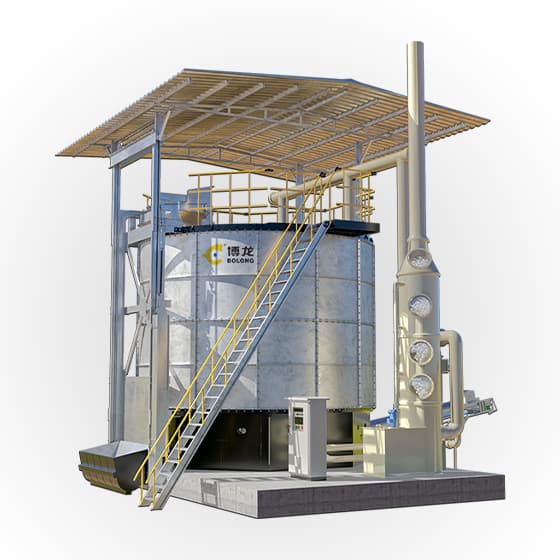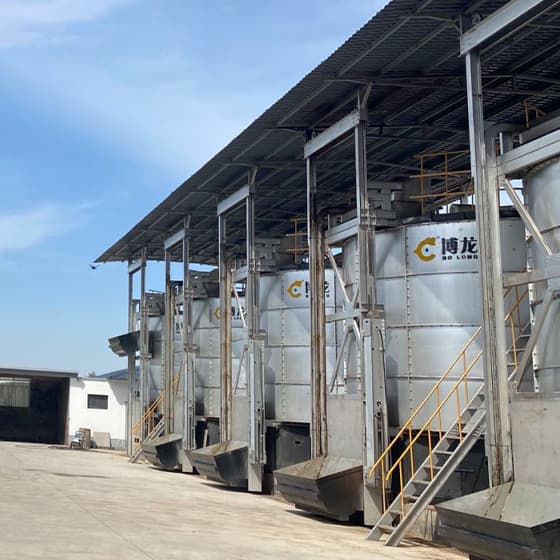Introduction
Livestock fermentation tanks present opportunities for rural communities to enhance their livelihoods through sustainable agricultural practices and resource utilization. This article explores the socioeconomic benefits of fermentation tank technology for rural communities and strategies for leveraging its potential.

Economic Diversification
- Income Generation:
Fermentation tanks enable rural communities to generate additional income through the production and sale of biogas, compost, and organic fertilizers. Diversifying income streams strengthens rural economies and reduces dependency on traditional agricultural activities.
- Employment Opportunities:
Implementation and operation of fermentation tank systems create employment opportunities for local residents, including skilled labor for installation, maintenance, and management. Job creation contributes to poverty reduction and rural development.
Sustainable Agriculture Practices
- Soil Fertility Improvement:
Compost produced in fermentation tanks enhances soil fertility and productivity, enabling farmers to achieve higher crop yields and improve food security. Sustainable soil management practices support long-term agricultural sustainability in rural communities.
- Reduced Environmental Impact:
Adoption of fermentation tank technology reduces the environmental impact of livestock farming by minimizing waste pollution, greenhouse gas emissions, and nutrient runoff. Sustainable waste management practices protect natural resources and ecosystems.

Capacity Building and Knowledge Transfer
- Training and Education:
Provide training programs and capacity-building initiatives to equip rural communities with the knowledge and skills required for implementing and operating fermentation tank systems. Education empowers community members to adopt sustainable agricultural practices.
- Knowledge Sharing Networks:
Foster knowledge-sharing networks and peer-to-peer learning platforms within rural communities to facilitate the exchange of best practices, experiences, and innovations related to fermentation tank technology. Collaboration enhances community resilience and innovation.
Community Empowerment and Ownership
- Participatory Decision-Making:
Involve local communities in decision-making processes related to the adoption and management of fermentation tank systems. Participatory approaches promote ownership, accountability, and sustainability of rural development initiatives.
- Social Cohesion and Collective Action:
Strengthen social cohesion and collective action within rural communities through collaborative projects centered around fermentation tank technology. Collective efforts amplify the socioeconomic benefits and resilience of rural livelihoods.
Conclusion
Leveraging livestock fermentation tanks for sustainable livelihoods in rural communities offers a pathway to socioeconomic empowerment, environmental stewardship, and agricultural resilience. By fostering economic diversification, promoting sustainable agriculture practices, facilitating capacity building and knowledge transfer, and empowering communities, fermentation tank technology can contribute to the prosperity and well-being of rural populations.
